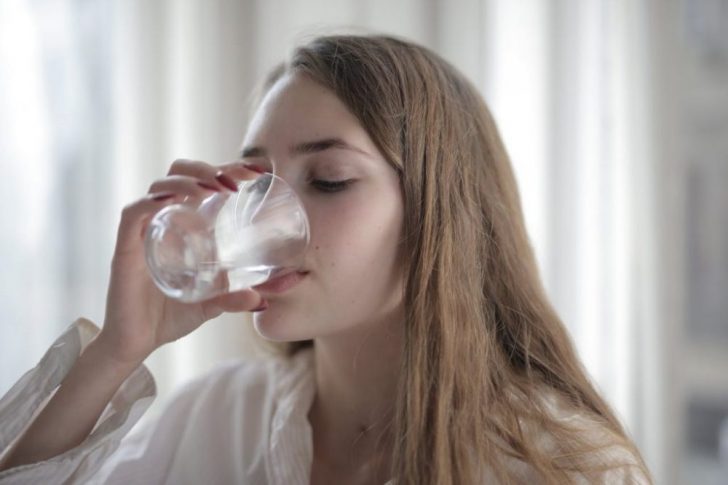Drinking water before meals is a common suggestion for weight loss. Many people believe it reduces calorie intake and supports healthy eating habits. But does water before meals actually help shed pounds? Research presents mixed evidence, with some studies suggesting benefits and others showing minimal impact.
The Fullness Factor: Feeling Satisfied Before Meals
Drinking water before meals might make sense. Filling the stomach with water may help people feel fuller, reducing the urge to eat large portions. Water stretches the stomach, triggering nerves that signal the brain to slow down hunger. In theory, this should help control overeating.
Some studies support this idea. For instance, research on older adults who drank water before meals showed they tended to consume fewer calories. Another study found that participants on a low-calorie diet who drank water before meals felt more satisfied and lost more weight over 12 weeks than those who didn’t. However, these findings mainly focus on short-term results without examining long-term outcomes.

The Thermogenesis Theory: Can Water Burn Calories?
Another theory suggests that drinking cold water before meals burns calories through a process called thermogenesis. This process requires the body to heat the water to body temperature, which uses energy and might burn a few calories.
Early studies pointed to this possibility, suggesting thermogenesis could support weight loss. However, recent research questions this theory, finding little evidence that drinking water burns enough calories to make a difference. So, while thermogenesis may sound appealing, it’s unlikely to greatly impact weight.
Thirst vs. Hunger: Avoiding Unnecessary Calories
Some experts argue that people often mistake thirst for hunger, leading them to eat when their body really just needs hydration. Drinking water before meals could help prevent unnecessary calorie intake by addressing thirst first.
This idea resonates with many, especially since mild dehydration can often be confused with hunger. However, studies on this topic provide little concrete evidence. Though drinking water may help avoid misinterpreted hunger signals, it may not significantly impact weight loss.
Water as a Substitute for High-Calorie Beverages
One of the most straightforward ways drinking water may help with weight loss is by replacing high-calorie drinks. Swapping out sugary sodas, juice, or alcohol for water cuts back on extra calories, supporting a calorie deficit over time.
Research indirectly supports this method. Reducing calorie-dense beverages by choosing water often correlates with weight loss, but it takes consistent effort. Making water your primary drink requires a long-term commitment, similar to a balanced diet.

Hydration for Better Exercise Performance
Proper hydration is vital for effective physical performance, especially during exercise. When well-hydrated, the body can function more efficiently, which may aid weight loss for those who exercise regularly. Dehydration, however, can lead to muscle fatigue, cramping, and reduced endurance, limiting calorie burn. For most people, staying hydrated is essential, though drinking water before exercise won’t necessarily speed up weight loss directly.





